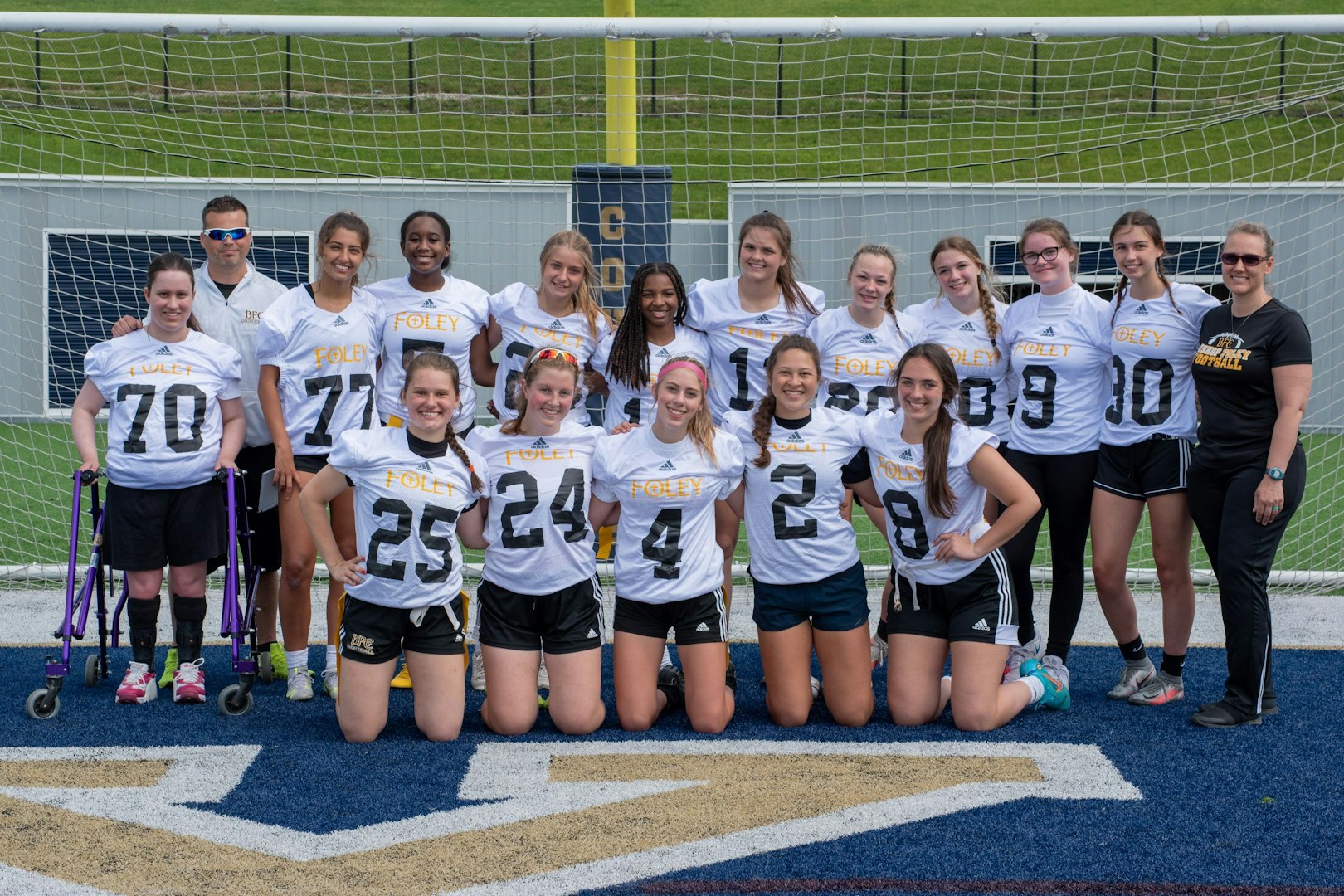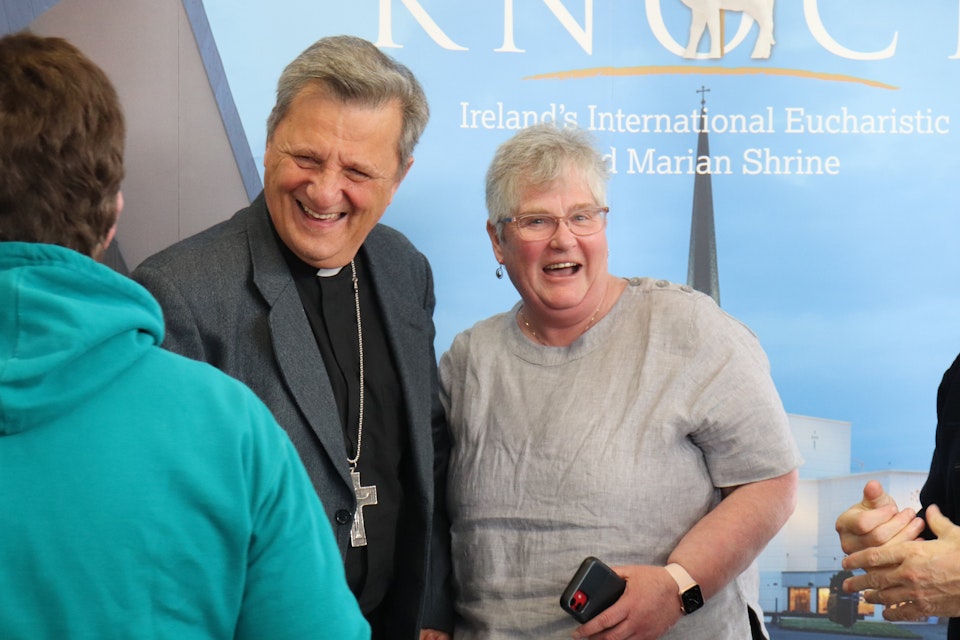WASHINGTON — Laypeople must be involved in a "more meaningful and influential role" to help Catholic bishops create "an environment of safety within the church," the chairman of the National Review Board said in an opinion piece published by The Boston Globe.
Writing Feb. 19, two days before Pope Francis convened an unprecedented four-day gathering of bishops from around the world to discuss the protection of minors in the church, Francesco Cesareo said the heightened role of laity would assist bishops in their response to clergy sex abuse.
Citing signals from "Rome itself that expectations for outcomes (from the meeting) should not be high," Cesareo cautioned that "it is difficult to imagine that concrete universal norms will emerge from this gathering, given the diversity of cultures and perspectives" that will be present.
Cesareo, chairman of the National Review Board since 2013, then made the case for a greater role for laity as the bishops work to rebuild trust in the church hierarchy.
He wrote that "at this time in the church's history, it is necessary to acknowledge the co-responsibility of the laity for the church by increasing their role in assisting the bishops and the clergy who do not have experience in preventing and responding to allegations of abuse."
"The church should not fear such engagement by the laity, but rather welcome it," he wrote.
The all-lay National Review Board was established by the U.S. Conference of Catholic Bishops in 2002 to oversee compliance by dioceses with the "Charter for the Protection of Children and Young People." It has no role in oversight of bishops.
In his appeal, Cesareo, president of Assumption College in Worcester, Mass., said that the bishops' response to the sex abuse crisis "has been incomplete."
The column pointed to the loss of trust among laypeople and clergy "in the ability of their shepherds to lead."
He also cited abuse allegations described in last summer's Pennsylvania grand jury report, "with its limitations," and revelations about former Archbishop Theodore E. McCarrick, who was removed from the priesthood by the Vatican Feb. 16, which Cesareo said demonstrates the abuse crisis "transcends sexual abuse of minors." McCarrick faced credible accusations he abused minors more than 60 years ago but also allegations he was sexually inappropriate with seminarians.
"(This) represents a system failure to protect the most vulnerable and hold aggressors accountable," Cesareo said.
The column also called on the bishops meeting in Rome to discuss and give "serious consideration" to proposals that would hold bishops accountable for their actions which were to have been presented to the entire body of the U.S. Conference of Catholic Bishops in November. The proposals were withdrawn as the bishops opened their fall general assembly at the request of Vatican officials, surprising many of the prelates in attendance.
"Allowing our bishops to respond to the current crisis in a substantive way is critical if the church is going to begin to heal," he said.
Cesareo suggested several key roles for laypeople who serve on a diocesan review board or other "external entity" as they work with bishops.
First, he said, laity can assist bishops in thoroughly reviewing diocesan and seminary files and sharing them with the public. "It is the public's right to know of those who have been credibly accused of abuse," he wrote.
Numerous U.S. dioceses and archdioceses have conducted such reviews and released the names of clergy against whom credible allegations of abuse have been made. Other dioceses are continuing their reviews.
"Next, there must be full accountability of all bishops, including those who have abused their positions of power by ignoring credible allegations of abuse, buy committing abuse themselves, or by having engaged in sexual misconduct or harassment," Cesareo said.
The review board chairman said such accountability "must include investigations of all allegations regarding bishops by a lay commission that has independent authority and that can report the findings of their investigation to the (papal) nuncio (in Washington)."
He added that a third-party reporting system would provide a way to report "allegations of abuse, cover-ups or sexual misconduct by bishops outside of an independent from church bureaucracy."
"If bishops are found to have failed in their responsibility to protect the vulnerable, there must be consequences," Cesareo said.
In addition, Cesareo called for another revision of the charter so that bishops fall within its oversight. He said strengthening the regular audit of dioceses to determine compliance with the charter also was needed.








